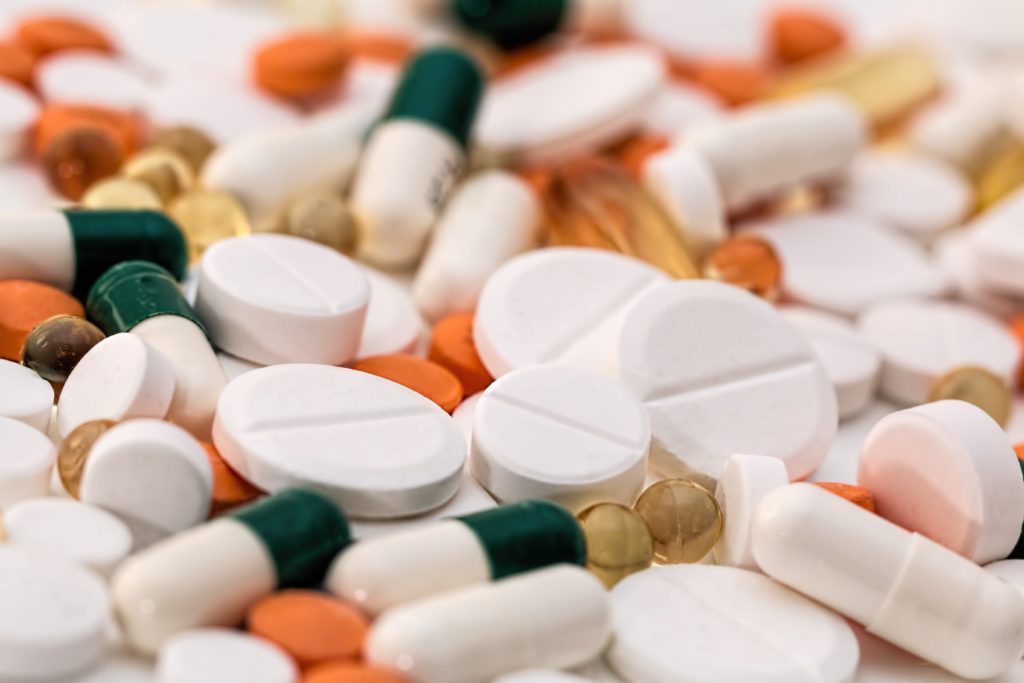Authorities are clamping down on the dispensing of Ivermectin, which is being touted as a COVID-19 “miracle drug”, following concerns that an underground market may soon emerge.
The South African Health Products Regulatory Authority (SAHPRA) is warning the public against using the drug to treat COVID-19, as it has not been approved for use in humans.
Ivermectin is a widely used drug for the treatment and control of parasites in animals and is used to treat several tropical diseases in humans not commonly seen in South Africa, as well as scabies and head lice.
In South Africa, Ivermectin is registered for use under Act 36 of 1947 (Department of Agriculture) for use in animals. This means that veterinarians and other trained personnel are allowed to prescribe it as an anti-parasitic agent for a variety of animals. The drug is not currently registered for human use, but SAHPRA occasionally grants Section 21 permits for the use of topical ivermectin as an unregistered product for the treatment of individual patients with conditions such as scabies or head lice.
SAHPRA notes that while Ivermectin is considered generally safe, side-effects include skin rash, nausea, vomiting, diarrhoea, stomach pain, facial or limb swelling, neurologic adverse events (dizziness, seizures, and confusion), sudden drop in blood pressure, severe skin rash potentially requiring hospitalisation and liver injury (hepatitis). Laboratory test abnormalities include decrease in white cell count and elevated liver enzymes.
On December 22, SAHPRA said that “Ivermectin is not indicated nor approved by SAHPRA for use in humans. There is no confirmatory data on Ivermectin available as yet for its use in the management of COVID-19 infections. In terms of safety and efficacy there is no evidence to support the use of ivermectin and we do not have any clinical trial evidence to justify its use.”

